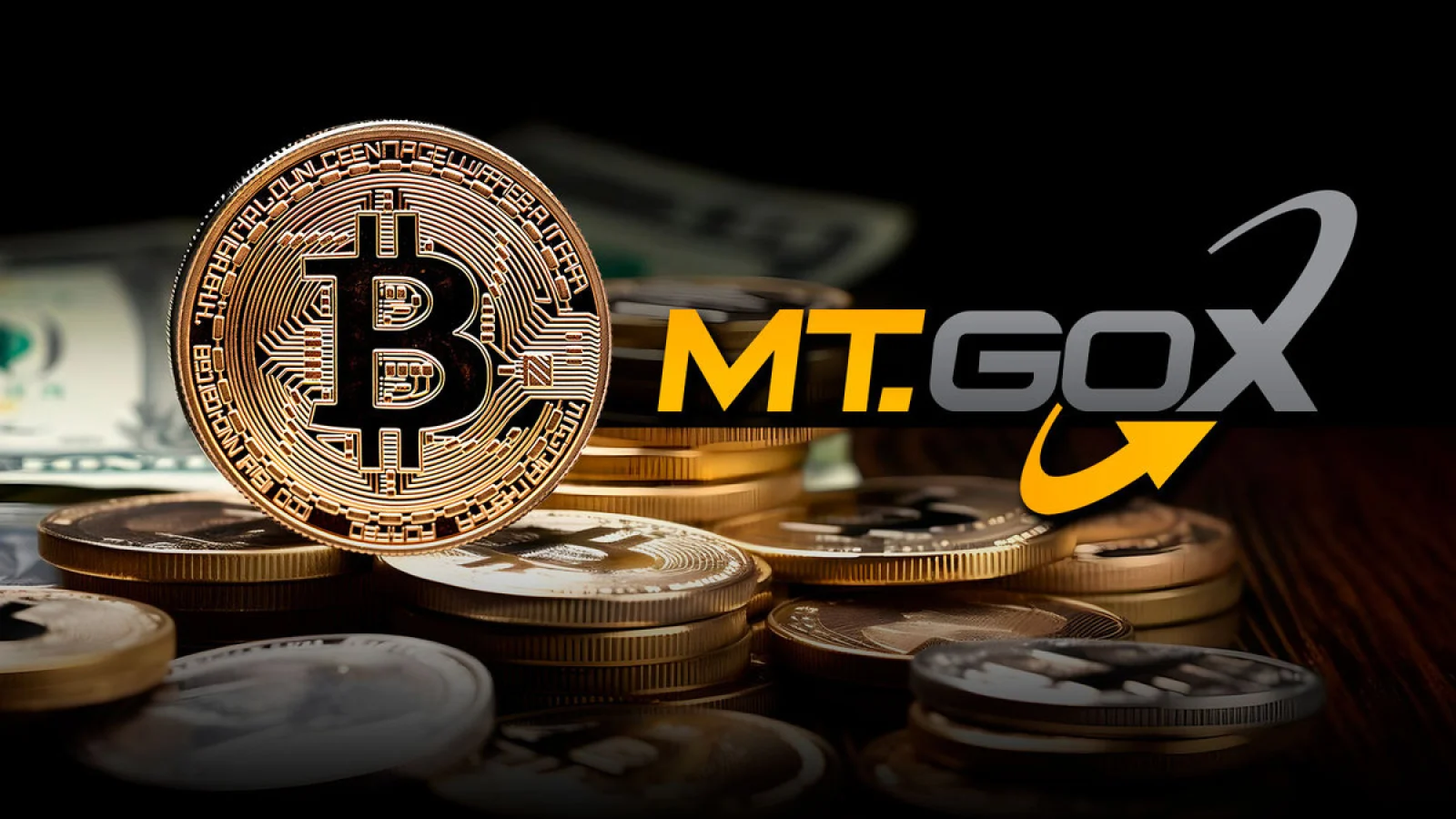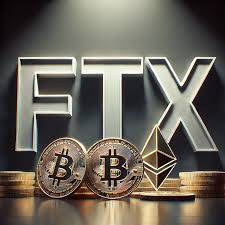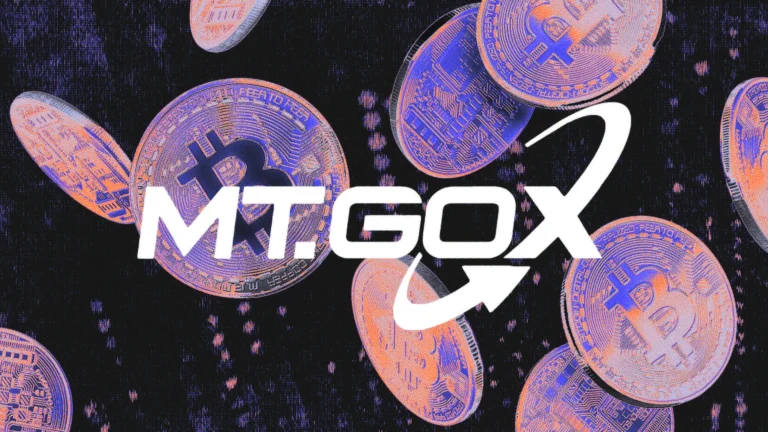Hook: What happens when a legendary Bitcoin collapse leaves $2.2 billion on the move? Mt. Gox creditors might finally get repaid, but it could change the entire crypto market.
The Backstory: Imagine one of the biggest Bitcoin exchanges in the world, a place where people traded millions daily. That was Mt. Gox, a Japanese Bitcoin exchange that, at its peak in 2014, handled over 70% of all Bitcoin transactions worldwide. But then came a disaster: a massive hack that stole 850,000 BTC, worth billions of dollars today. People lost everything they had in this platform, leading Mt. Gox into bankruptcy and a long legal process to pay back those who lost their Bitcoin — these are called “creditors.”
For over 10 years, creditors have waited to get some of their Bitcoin back. This delay was partly due to complicated legal issues and changes in Japanese bankruptcy law that would allow them to be repaid in Bitcoin instead of cash.
Why It’s Big News Now: In the latest development, Mt. Gox just moved $2.2 billion worth of Bitcoin — that’s 32,871 BTC — to new wallets, with some of it going to centralized exchanges like OKX and B2C2. When Bitcoin is moved to an exchange, it’s often a sign that it might be sold. This is where things get intense because selling such a large amount could put “selling pressure” on Bitcoin’s price.
Key Terms to Remember:
- Centralized Exchange (CEX) – Platforms like OKX where cryptocurrencies are bought and sold. When big sums of Bitcoin are transferred here, it’s often seen as a signal that they might be sold.
- Selling Pressure – When a lot of Bitcoin is put up for sale, supply goes up. This can lower the price if demand doesn’t match.
- Creditors – The people who lost their funds during Mt. Gox’s collapse and are waiting for repayment.
The Big Question: Will these creditors sell their Bitcoin once they receive it, or will they hold? This matters because the market reacts when a big holder of Bitcoin (known as a “whale”) sells. Since Mt. Gox creditors have already received 59,000 BTC earlier this year without massive selling, some analysts think they may still hold onto it.
Why It Matters to You and Building Knowledge:
- Market Movement: Understanding events like this helps you grasp why Bitcoin prices can change rapidly. Even events from 10 years ago, like the Mt. Gox collapse, can have an impact today.
- Investor Behavior: Knowing how whales (big Bitcoin holders) act gives insight into market psychology. When whales hold or sell, it can give clues about where the market might go next.
- Market History: Learning from past collapses and recoveries, like Mt. Gox, teaches you how crypto markets evolve. It’s a reminder of the risks but also shows resilience as the market grows despite setbacks.
If this Bitcoin is sold, we could see significant market changes. But if creditors hold, it shows confidence and could keep the market stable. Understanding these moves is crucial for anyone looking to invest or just understand the unpredictable world of crypto.



